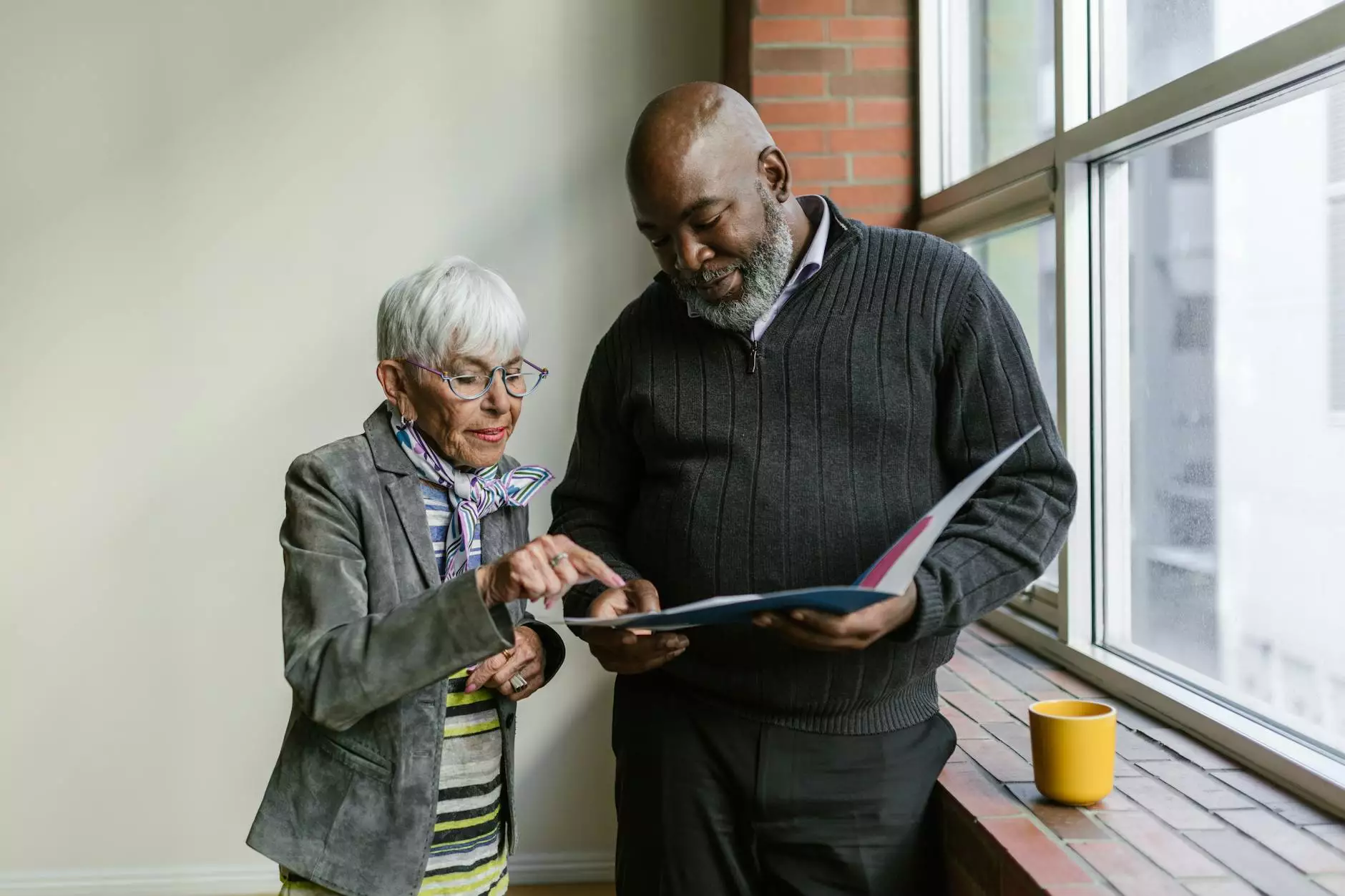Speaking Up with Jenny Rudolph and Donna Bonney
Blog
Introduction to Effective Communication in Geriatric and Aging Care
Welcome to Speaking Up with Jenny Rudolph and Donna Bonney! In this insightful discussion, we explore the crucial role of effective communication in the context of health geriatric and aging care. As industry experts at Kimwell Nursing Home, we understand the importance of fostering clear and meaningful connections between healthcare professionals, older adults, and their families.
Understanding the Unique Communication Challenges in Geriatric Care
Geriatric care presents its own set of communication challenges. The aging population often faces physical, cognitive, and sensory changes that can impact their ability to express themselves and understand information. At Kimwell Nursing Home, we recognize the significance of adapting our communication approaches to meet the diverse needs of our elderly residents.
Enhancing Communication with Active Listening
Active listening plays a vital role in effective communication within the geriatric and aging care context. By being fully present and engaged, healthcare professionals can better understand the concerns, preferences, and needs of older adults. Additionally, active listening helps build trust, foster empathy, and create a supportive environment where seniors feel valued and heard.
Importance of Non-Verbal Communication
Non-verbal cues such as facial expressions, body language, and gestures become crucial in geriatric care. Many older adults rely heavily on non-verbal communication due to hearing impairments or cognitive decline. By paying attention to these cues, healthcare providers can better gauge emotional states, pain levels, and overall well-being, enabling them to provide the appropriate care and support.
The Power of Empathy in Communication
Empathy is a fundamental aspect of effective communication with older adults. By putting ourselves in their shoes, we can better connect with their experiences, emotions, and concerns. At Kimwell Nursing Home, our dedicated staff undergo specialized training to develop empathy and compassion, ensuring that our residents receive the highest quality of care that goes beyond physical well-being.
Breaking Down Communication Barriers
In geriatric and aging care, it is essential to address and overcome communication barriers to promote positive engagement and outcomes. Some common barriers include cognitive impairments, language limitations, cultural differences, and past traumas. With expertise in this field, Kimwell Nursing Home strives to create an inclusive and safe space for older adults to communicate freely, allowing for a more holistic approach to their care.
Utilizing Assistive Technologies
Technology has revolutionized healthcare, and it also offers tremendous assistance in communication within geriatric care. At Kimwell Nursing Home, we leverage state-of-the-art assistive technologies to support individuals with hearing impairments, speech difficulties, and other communication limitations. These technologies enable our residents to connect with healthcare professionals and loved ones, ensuring their voices are heard.
Embracing Multilingual and Multicultural Interactions
Our world is increasingly diverse, and effective communication demands an understanding of different languages, cultures, and backgrounds. For older adults who may have migrated and are part of multicultural settings, it is crucial to provide translation services and culturally sensitive care. Kimwell Nursing Home prides itself on embracing diversity and actively working towards creating a welcoming environment for seniors from all walks of life.
Empowering Families as Communication Partners
Family members play an integral role in the communication process, offering valuable insights into the lives of older adults and acting as their advocates. At Kimwell Nursing Home, we recognize the importance of family involvement and actively encourage open communication channels. We work collaboratively with families to ensure the best care possible, preserving the dignity and autonomy of each resident.
The Impact of Effective Communication on Geriatric Care
Effective communication not only enhances the overall quality of geriatric and aging care but also has a profound impact on the well-being and life satisfaction of older adults. By fostering open dialogue, respecting personal preferences, and providing emotional support, healthcare professionals can create a positive care environment that promotes comfort, trust, and a sense of belonging.
Promoting Connection and Mental Stimulation
Loneliness and social isolation are prevalent issues among older adults, which can have detrimental effects on their mental health. Through effective communication, healthcare providers can help combat these challenges by facilitating social connections, meaningful conversations, and engaging activities. At Kimwell Nursing Home, our focus goes beyond physical health - we strive to enrich the lives of our residents holistically.
Improving Medication Management and Treatment Compliance
Communication plays a crucial role in medication management and treatment compliance among elderly individuals. By ensuring clear and comprehensive explanations, healthcare professionals at Kimwell Nursing Home help older adults understand their medications, dosage instructions, and potential side effects. This empowers them to actively participate in their own care, leading to better health outcomes.
Conclusion
In conclusion, effective communication is the cornerstone of quality geriatric and aging care. At Kimwell Nursing Home, we prioritize the development of robust communication skills among our staff members to provide the utmost care and support to our residents. By recognizing the unique challenges faced by older adults and their families, we empower individuals through active listening, empathy, and the utilization of innovative communication strategies. Join us at Speaking Up with Jenny Rudolph and Donna Bonney as we continue to advocate for effective communication in geriatric and aging care.




